Earlier this week, the Irish Farmers Journal published the findings of an analysis by our market specialist Phelim O’Neill showing the impact of a no-deal Brexit on Irish beef prices. Pointing to a further collapse of €1/kg on a beef price that is already seeing finishers losing over €200 per head does not make comfortable reading.
However, our decision to publish the analysis was based on a clear need to set down exactly what a no-deal Brexit would mean for farmers and the devastation it would cause to our beef sector and the jobs which it supports.
Hoping for the best
It is concerning to see the extent to which farmers and the industry continue to hope for the best when it comes to the outcome of Brexit.
Maybe this was fine two years ago but not after the events we witnessed playing out in British politics last week.
To quote Lionel Barber, editor of the Financial Times, in a communication to subscribers this morning, “only a fool or a Knave would pretend to know how Britain’s Brexit drama will play out”.
Clearly, the time for hoping for the best is over.
In fact, it would be reckless for farmers and the industry to continue to do so. We can all hope that a no-deal Brexit won’t happen but no one can credibly argue against the fact that as each day passes the risk becomes greater.
Clearly, the time for hoping for the best is over
In reality, the process could simply run out of time unless we start to see leadership in British politics. As stated in last week’s editorial, this will require someone standing up and telling the British public that the Brexit vision sold to them was never achievable – such a candidate is not easily identifiable in Westminster at present.
We saw this week just how focused our Government is in managing the narrative around Brexit. The reason being is that no one has really planned for a scenario where, with just 69 days to go, we would find ourselves in this position.
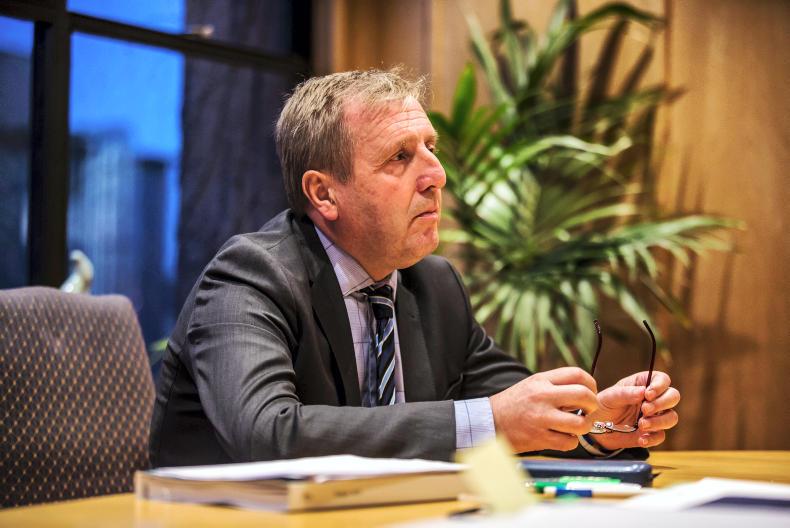
Minister for Agriculture Michael Creed.\ Philip Doyle
Throughout the Brexit negotiations, both Tánaiste Simon Coveney and Minister for Agriculture Michael Creed, in interviews with the Irish Farmers Journal, repeatedly assured farmers that both the Irish Government and the EU would stand by farmers.
Shifting sands
The sands have clearly shifted. As we reported on Friday, both politicians are now stating that effectively farmers will have to take a hit before the EU will introduce support mechanisms.
It now looks like the both the Government and the EU are prepared to take Irish farmers to the cliff edge before giving any comfort as to what safety net will be put in place. Such a position is clearly at odds with commitments to stand by the sector.
There is no reason why if the Government and the EU wanted to give Irish farmers security they could not commit now that in the event of a no-deal Brexit export refunds will be introduced for beef exports into the UK, which at that point would be classed as a third-country. Such
a move would underpin the market value regardless of the Brexit outcome.
Ignoring the facts
Some of course argue that in the event of a no-deal Brexit the market collapse will not materialise. Again such a position ignores the facts which are if the UK crashes out of the EU it will automatically default to trading rules set down by the World Trade Organisation (WTO). This will mean one of two things – the UK will either have to impose tariffs on beef imports coming into the country or remove all tariffs allowing free access.
In a tariff scenario the financial impact is clear.
However, some believe the impact on Ireland from a no-tariff scenario will be limited. This will not be the case. Under WTO regulations, if the UK goes down the route of tariff-free access it cannot be limited to Irish or indeed EU produce.
Irish beef would find itself sandwiched between British and South America product
Tariff-free access must be granted to all countries including Brazil, Argentina and Uruguay – where beef prices are currently in the region of €2/kg.
In such a scenario, Irish beef would find itself sandwiched between British and South America product. Some argue that retailers will be slow to go down this route. We only have to cast our minds back to 2005-2007 when beef imports into the EU from South America were heading for 500,000t, with almost all British retailers getting in on the action. It was only when the EU finally enforced equivalent standards that the volumes reversed.
Discounters
The only thing that has changed over this period is that the arrival of the German discounters into the British retail market has seen retailer margins slashed – therefore the appetite to access cheap beef is likely to be even greater than in the past.
In the current market, presenting data which shows that in a no-deal scenario Irish beef prices could fall to €2.50/kg is difficult.
However, it is simply not tenable for the sector to turn a blind eye to what is now a very real possibility and for the facts not to be put clearly in the public domain for both farmers and indeed politicians.
The starkness of the figure and the impact on the sector should now be used by farmers and all stakeholders to demand an immediate safety net be put in place by the Government and the EU. We cannot allow either party wait until farmers take a hit before responding.
Read more
No-deal impact on farmgate prices
Leader of beef exporting country cannot advocate eating less meat - ICSA
Earlier this week, the Irish Farmers Journal published the findings of an analysis by our market specialist Phelim O’Neill showing the impact of a no-deal Brexit on Irish beef prices. Pointing to a further collapse of €1/kg on a beef price that is already seeing finishers losing over €200 per head does not make comfortable reading.
However, our decision to publish the analysis was based on a clear need to set down exactly what a no-deal Brexit would mean for farmers and the devastation it would cause to our beef sector and the jobs which it supports.
Hoping for the best
It is concerning to see the extent to which farmers and the industry continue to hope for the best when it comes to the outcome of Brexit.
Maybe this was fine two years ago but not after the events we witnessed playing out in British politics last week.
To quote Lionel Barber, editor of the Financial Times, in a communication to subscribers this morning, “only a fool or a Knave would pretend to know how Britain’s Brexit drama will play out”.
Clearly, the time for hoping for the best is over.
In fact, it would be reckless for farmers and the industry to continue to do so. We can all hope that a no-deal Brexit won’t happen but no one can credibly argue against the fact that as each day passes the risk becomes greater.
Clearly, the time for hoping for the best is over
In reality, the process could simply run out of time unless we start to see leadership in British politics. As stated in last week’s editorial, this will require someone standing up and telling the British public that the Brexit vision sold to them was never achievable – such a candidate is not easily identifiable in Westminster at present.
We saw this week just how focused our Government is in managing the narrative around Brexit. The reason being is that no one has really planned for a scenario where, with just 69 days to go, we would find ourselves in this position.

Minister for Agriculture Michael Creed.\ Philip Doyle
Throughout the Brexit negotiations, both Tánaiste Simon Coveney and Minister for Agriculture Michael Creed, in interviews with the Irish Farmers Journal, repeatedly assured farmers that both the Irish Government and the EU would stand by farmers.
Shifting sands
The sands have clearly shifted. As we reported on Friday, both politicians are now stating that effectively farmers will have to take a hit before the EU will introduce support mechanisms.
It now looks like the both the Government and the EU are prepared to take Irish farmers to the cliff edge before giving any comfort as to what safety net will be put in place. Such a position is clearly at odds with commitments to stand by the sector.
There is no reason why if the Government and the EU wanted to give Irish farmers security they could not commit now that in the event of a no-deal Brexit export refunds will be introduced for beef exports into the UK, which at that point would be classed as a third-country. Such
a move would underpin the market value regardless of the Brexit outcome.
Ignoring the facts
Some of course argue that in the event of a no-deal Brexit the market collapse will not materialise. Again such a position ignores the facts which are if the UK crashes out of the EU it will automatically default to trading rules set down by the World Trade Organisation (WTO). This will mean one of two things – the UK will either have to impose tariffs on beef imports coming into the country or remove all tariffs allowing free access.
In a tariff scenario the financial impact is clear.
However, some believe the impact on Ireland from a no-tariff scenario will be limited. This will not be the case. Under WTO regulations, if the UK goes down the route of tariff-free access it cannot be limited to Irish or indeed EU produce.
Irish beef would find itself sandwiched between British and South America product
Tariff-free access must be granted to all countries including Brazil, Argentina and Uruguay – where beef prices are currently in the region of €2/kg.
In such a scenario, Irish beef would find itself sandwiched between British and South America product. Some argue that retailers will be slow to go down this route. We only have to cast our minds back to 2005-2007 when beef imports into the EU from South America were heading for 500,000t, with almost all British retailers getting in on the action. It was only when the EU finally enforced equivalent standards that the volumes reversed.
Discounters
The only thing that has changed over this period is that the arrival of the German discounters into the British retail market has seen retailer margins slashed – therefore the appetite to access cheap beef is likely to be even greater than in the past.
In the current market, presenting data which shows that in a no-deal scenario Irish beef prices could fall to €2.50/kg is difficult.
However, it is simply not tenable for the sector to turn a blind eye to what is now a very real possibility and for the facts not to be put clearly in the public domain for both farmers and indeed politicians.
The starkness of the figure and the impact on the sector should now be used by farmers and all stakeholders to demand an immediate safety net be put in place by the Government and the EU. We cannot allow either party wait until farmers take a hit before responding.
Read more
No-deal impact on farmgate prices
Leader of beef exporting country cannot advocate eating less meat - ICSA





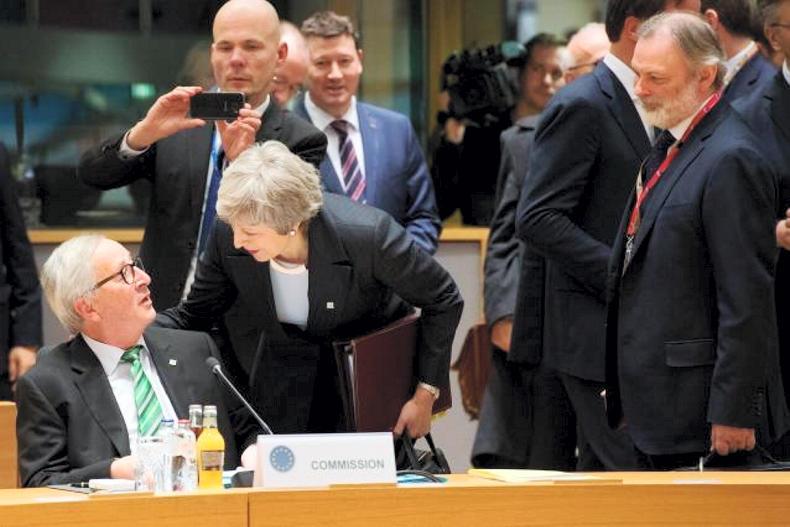
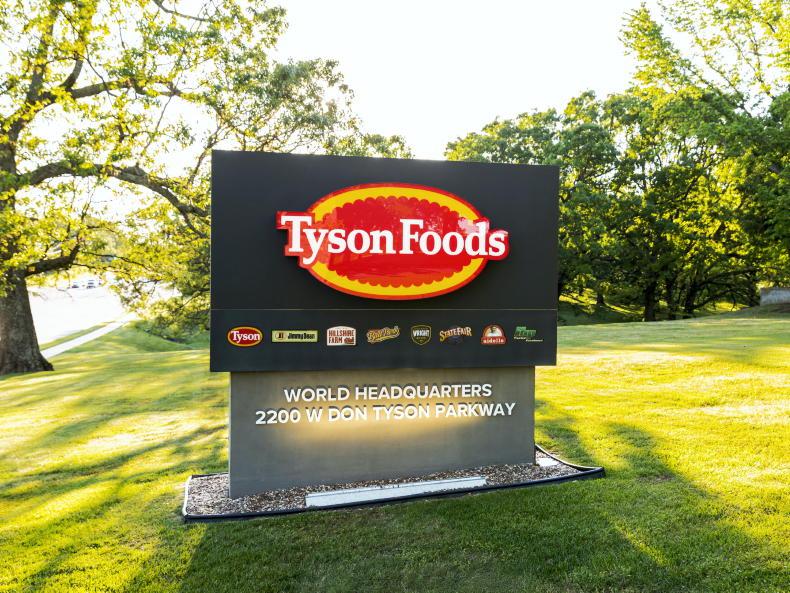

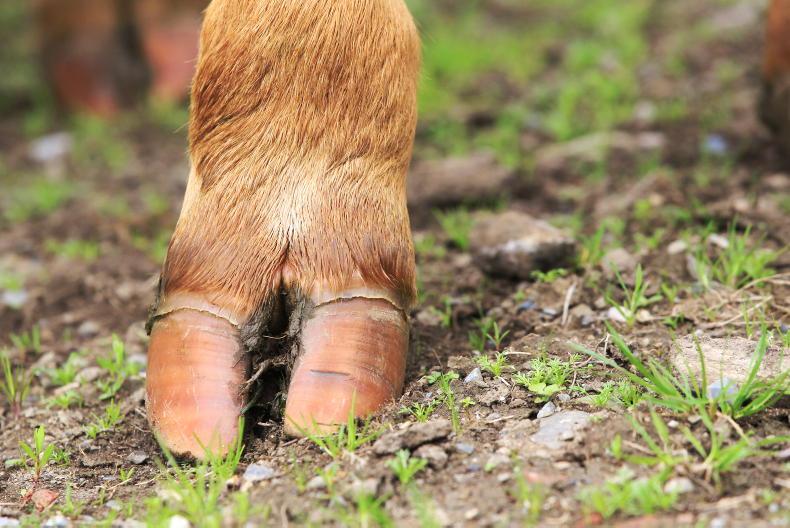
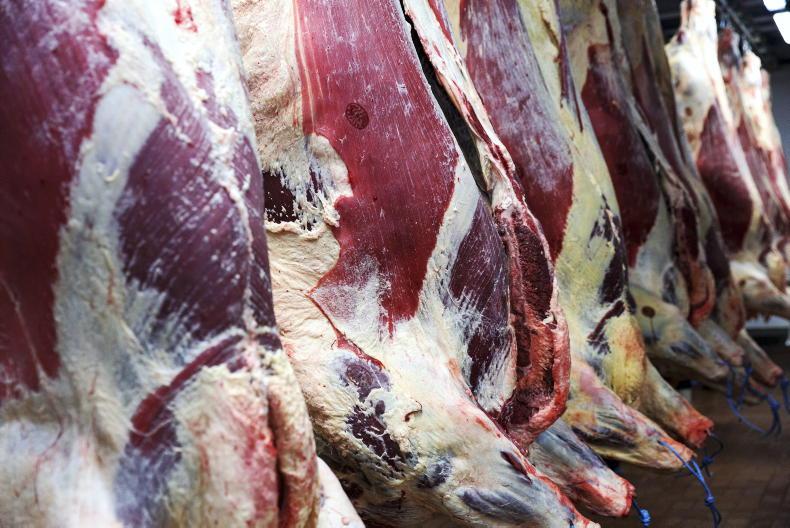
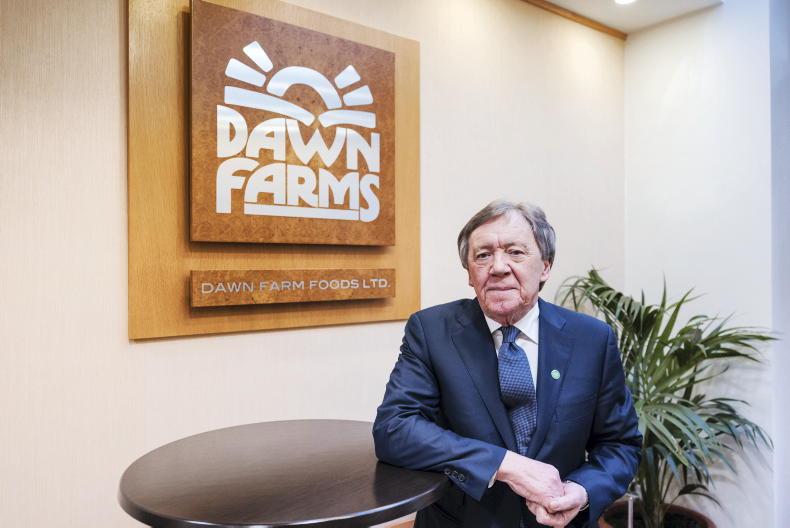
SHARING OPTIONS